Meltem Bayrak, graduate of Sabancı University Molecular Biology, Genetics and Bioengineering major program and Chemistry minor program in 2016, has become the first Turkish scientist selected to the Homeward Bound Leadership Program. Homeward Bound is a transformational leadership initiative for women with a background in STEMM (science, technology, engineering, mathematics, medicine), from around the world.

Continuing her PhD project in the field of food science at the Commonwealth Scientific and Industrial Research Organization in Australia, Meltem Bayrak is among the 100 scientists selected to Homeward Bound, a global leadership program designed for women scientists and focusing on climate change.
Thinking that environmentally aware production has a vital role since the food sector is one of the business areas that are the most affected by global climate change, Meltem Bayrak believes the Homeward Bound program will make great contributions to the development of innovative approaches to food safety and sustainability.
We talked to Meltem Bayrak about what she did during her undergraduate studies, her work after graduation, and the Homeward Bound program. You can read our interview below.
First of all, we congratulate you. Can you introduce yourself a little bit? When and how did you decide to study at Sabancı University Molecular Biology, Genetics and Bioengineering program? What are you doing these days?
M.B: I was pretty sure about the discipline I wanted to study at university. However, I also wanted to learn about many other fields. What facilitated my choice for Sabancı University was the availability of an interdisciplinary approach to teaching and research, laboratory infrastructure and academic staff, all being prerequisites for a good quality bioengineering education. After I finished Saint Benoît French High School, I graduated from Sabancı University Molecular Biology, Genetics and Bioengineering program (with a minor in Chemistry) in 2016.

Afterwards, I completed my master’s degree in food science in Melbourne. Currently, I continue to work for a PhD in food science at Melbourne CSIRO.
“The experiences I had during my undergraduate studies encouraged me further to follow the path I chose”
Were there any decisions/people that influenced you and your career steps during your undergraduate studies?
M.B: I had a very productive life at the university in terms of academic courses and club activities. There were very valuable faculty members who I took courses from or who I intersected with. Among faculty members, particularly Prof. Uğur Sezerman put a lot of effort into my starting laboratory research and learning coding. Finding myself in a laboratory even before laboratory courses began motivated me to a great extent and made it easier for me to follow courses.
 Participating in diverse study environments, and therefore learning about different scientific approaches, helped me a lot with my career after graduation. I continued to enjoy research for nearly one year and a half in Sweden and France, where I was in the scope of the Erasmus program. My Erasmus adventure lasted longer than that of other students and I had the opportunity to learn enjoyable courses in biology. Other than this, when I was in France for the Erasmus program, I worked for a plant laboratory, which was out of the scope of my courses. My graduation project focused on plant genetics. At the same time, I had the chance to do an internship at the molecular pathology lab of INSERM, the national medical research institute of France. My internship supervisor Assistant Professor Umut Şahin supported me for my applications to PhD programs and was influential for me with his academic guidance. All these experiences that I had during my undergraduate studies encouraged me further to follow the path I chose.
Participating in diverse study environments, and therefore learning about different scientific approaches, helped me a lot with my career after graduation. I continued to enjoy research for nearly one year and a half in Sweden and France, where I was in the scope of the Erasmus program. My Erasmus adventure lasted longer than that of other students and I had the opportunity to learn enjoyable courses in biology. Other than this, when I was in France for the Erasmus program, I worked for a plant laboratory, which was out of the scope of my courses. My graduation project focused on plant genetics. At the same time, I had the chance to do an internship at the molecular pathology lab of INSERM, the national medical research institute of France. My internship supervisor Assistant Professor Umut Şahin supported me for my applications to PhD programs and was influential for me with his academic guidance. All these experiences that I had during my undergraduate studies encouraged me further to follow the path I chose.
In addition, I would like to name Professor Neşe Bilgin, who I deeply respect for her work and opinions about the protection of Turkey’s biodiversity, as an academic who impacted my career steps thanks to her guidance.
Can you briefly talk about what you did after you graduated from Sabancı University?
M.B: After Sabancı University, I completed my master’s degree in food science at the University of Melbourne.

In my project, I did studies about the capacity of sourdough yeast lactic acid bacteria to hydrolyze toxic gluten peptides. At the same time, during a visit to Istanbul, I had an internship at Pakmaya, Turkey’s first yeast factory, to see the production of yeast and its place in industry from a broader perspective. However, since I felt I did not have enough research, I applied for a PhD program and I was accepted with a scholarship to a project of Australia’s CSIRO with RMIT University and INRAE (France).
When did you decide to continue to study in the field of food science, and what are your current projects?
M.B: While I was studying the genetics of Hasandede, a local grape species, as part of my undergraduate graduation project at Sabancı, I realized that I had a strong interest in food research. Especially the research on the protection of genetic diversity and sustainability guided me a lot. To me, doing an experiment at a laboratory is like cooking in your kitchen. I get a lot of pleasure out of trying different recipes and reaching the best outcome. With this in mind, I did some research about what was done in the world in the field of food science and I came to Australia to study food science. In my PhD dissertation, I am studying the impact of digestion on the structure of food for the purpose of personalized nutrition. Moreover, I have received an additional scholarship from the Australian Nuclear Science and Technology Organization (ANSTO) and examine the structure of food through neutrons as the major part of my project.
You are among the 100 scientists selected to the Homeward Bound STEMM leadership program. Can you talk about the program and its objectives?
M.B: Homeward Bound is a transformational leadership initiative for women with a background in STEMM (science, technology, engineering, mathematics, medicine), from around the world. The objective of the program is to enhance the impact of women in STEMM areas in decisions and policies shaping the future of the world. Homeward Bound aims to ensure global cooperation among influential women in STEMM to secure diversity at the leadership table. I am one of the 100 women selected for this 12-monthly global leadership initiative. Additionally, I am proud to say that I am the first Turkish woman selected to the program. Although the eligibility criteria of the program are not set clearly, the panel aims to select women from all ages and backgrounds with a capacity to become a leader influencing policies and decisions on a global scale. Applications are first assessed by an independent panel of scientists, psychologists, leadership coaches, strategists and scholars, and then by the Homeward Bound leadership team.
I was already interested in the program and had observed the positive impact of their projects on the decisions taken about our future. I applied for the program thinking that I could contribute to the program and vice versa.
“I believe that the Homeward Bound program will contribute to me greatly to develop innovative approaches to food safety and sustainability both as an individual and a woman leader in STEMM”
Can you talk about the importance for you of being a part of this program and your projects in the framework of the program and thereafter?
M.B: Besides being a food scientist, I am a food sustainability and safety advocate. I think research on environmentally aware production has a vital role since the food sector is one of the business areas that are the most affected by global climate change. The world needs a holistic approach, an enhanced infrastructure and new government policies to support innovation and innovative technologies, to inform consumers so that they can make choices consciously, and to have improved resource management. In this context, I believe that the Homeward Bound program will contribute to me greatly to develop innovative approaches to food safety and sustainability both as an individual and a woman leader in STEMM.
Last but not least, what are your recommendations for current and prospective students in the Molecular Biology, Genetics and Bioengineering program?
M.B: I recommend that from their first year they talk to their faculty members and do an extra-curricular project about a subject which is of interest to them. The earlier they start, the better. It is very important to fully make use of what the University has to offer. In addition, science is getting more and more interdisciplinary. Therefore, I recommend they take courses from different disciplines, which may offer them opportunities in the future.
Is there anything you want to add?
M.B: Most of us know that climate change brings along with it the problem of food safety and that our access to food will be affected. In the current situation where our fundamental food resources are shrinking, every step of food production is affected by climate change. To diminish systemic problems, it is the responsibility of all of us to consider the damage that our decisions do to nature. Sustainability and protection of biodiversity will be shaped in line with our preferences, as consumers. I recommend that students use the social and scientific means available to them at Sabancı University in the most efficient way.
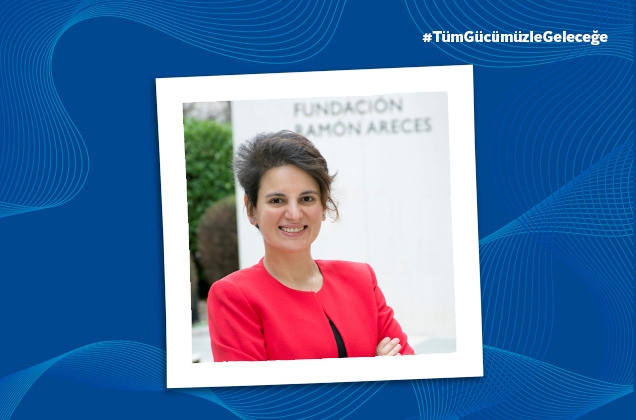

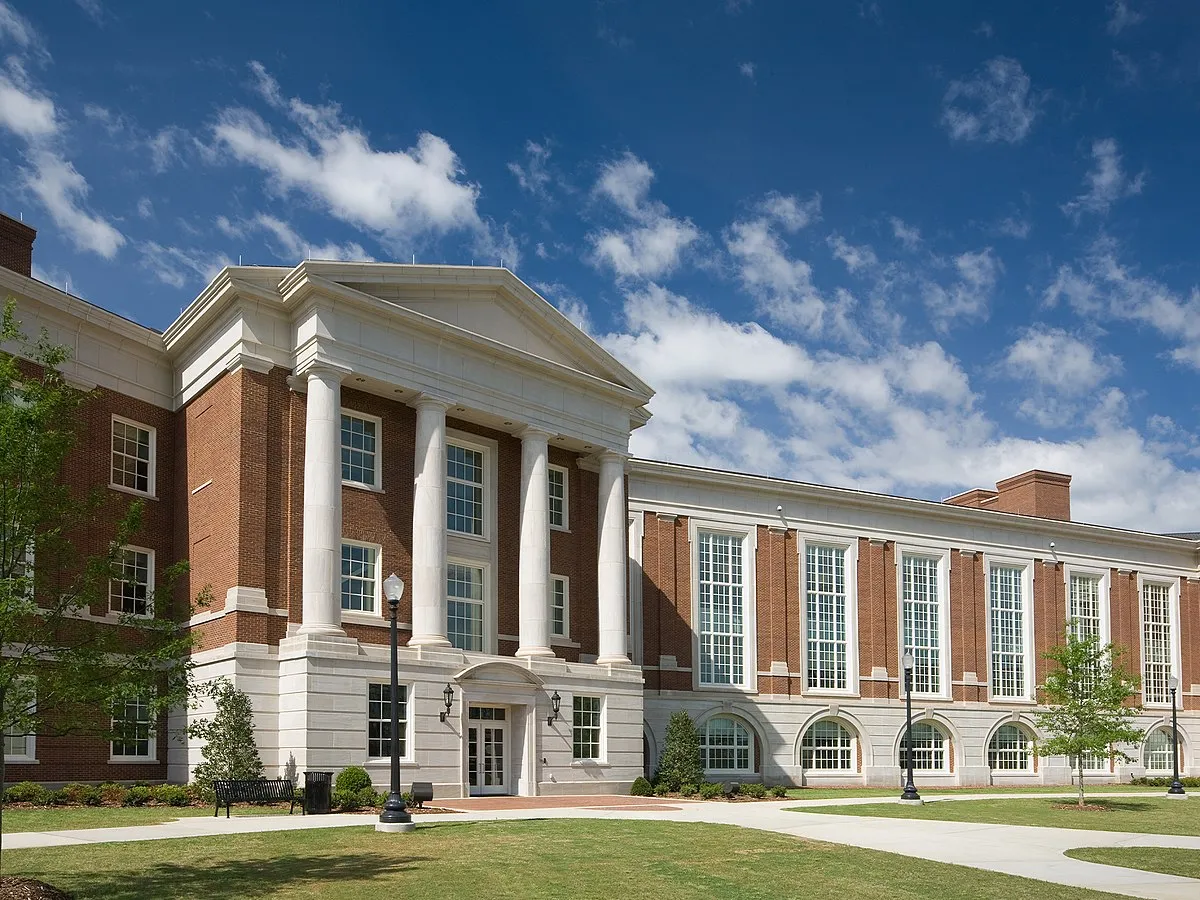
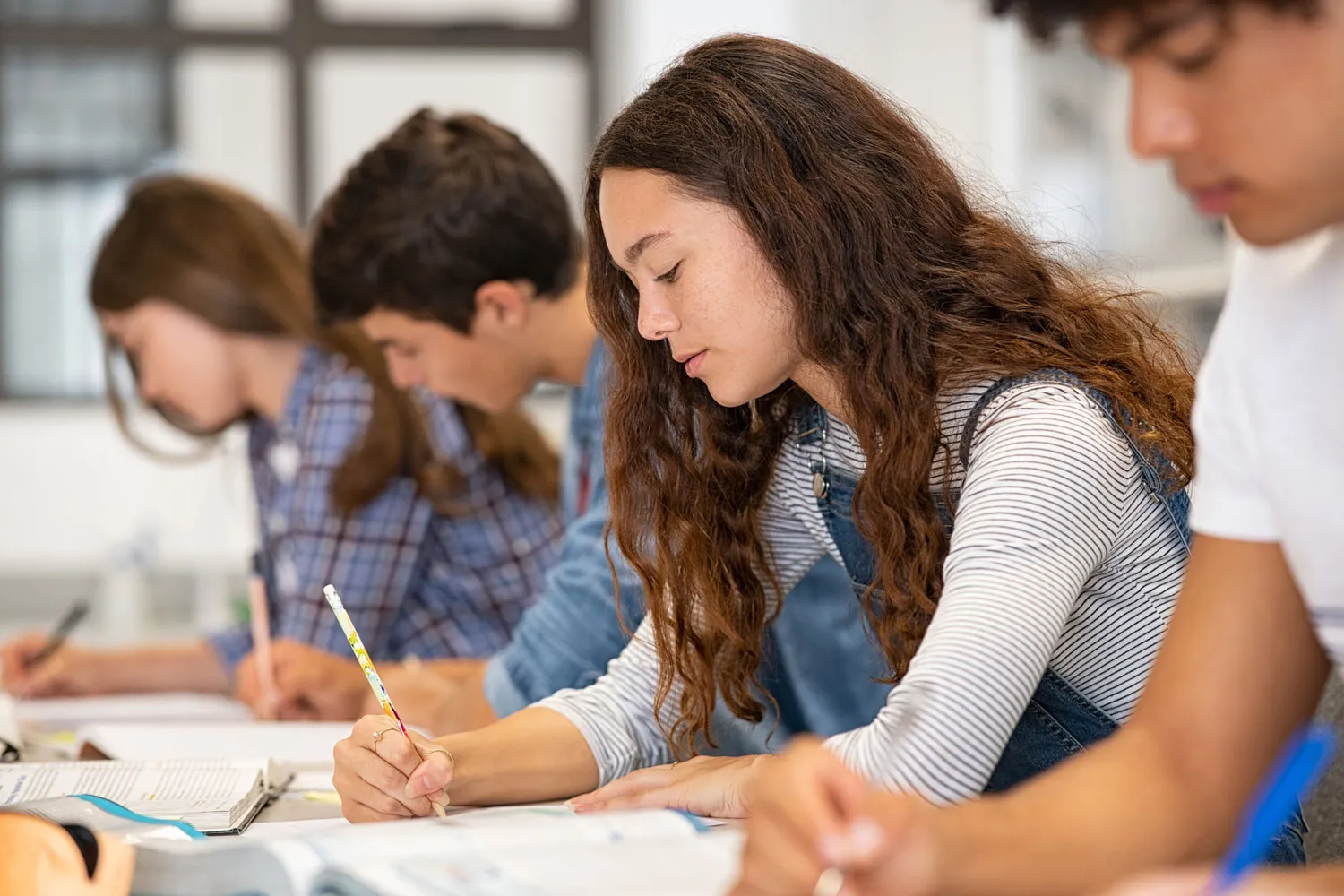
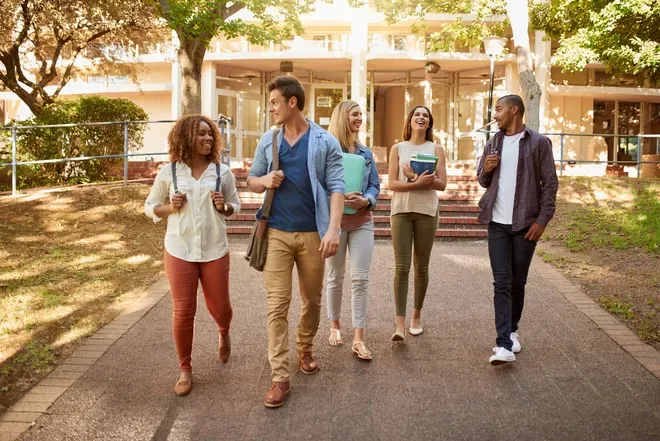
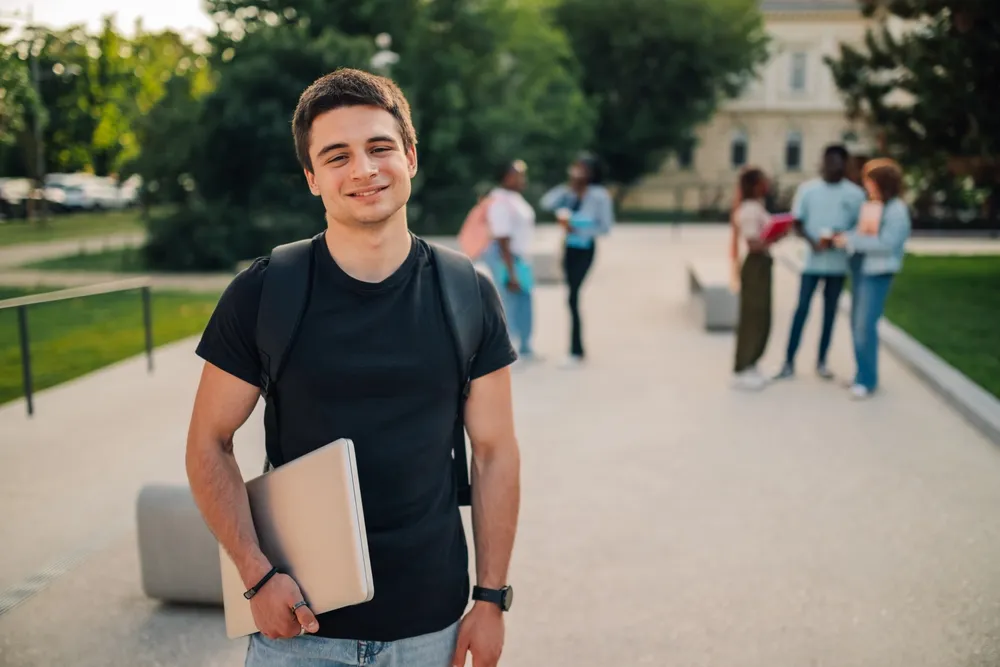

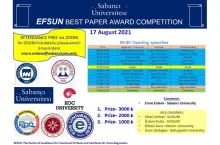




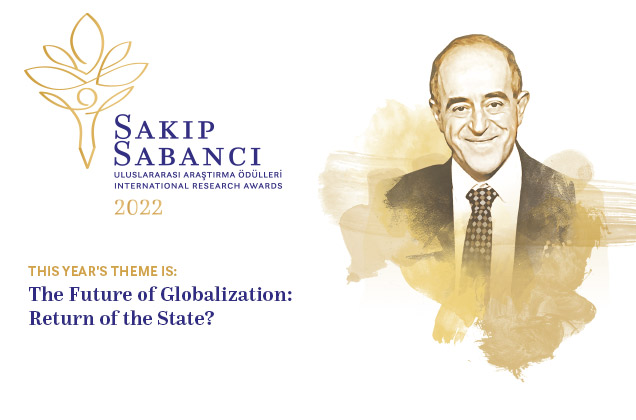
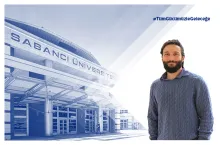

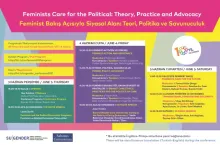


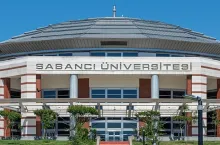

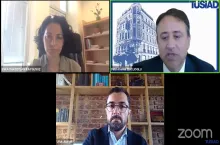
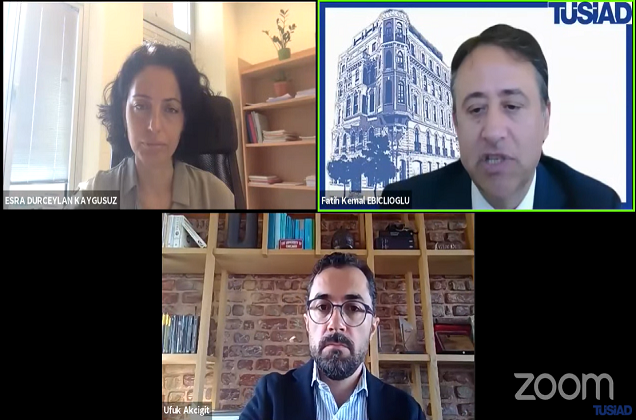
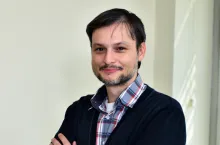

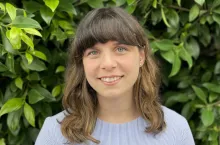


 Participating in diverse study environments, and therefore learning about different scientific approaches, helped me a lot with my career after graduation. I continued to enjoy research for nearly one year and a half in Sweden and France, where I was in the scope of the Erasmus program. My Erasmus adventure lasted longer than that of other students and I had the opportunity to learn enjoyable courses in biology. Other than this, when I was in France for the Erasmus program, I worked for a plant laboratory, which was out of the scope of my courses. My graduation project focused on plant genetics. At the same time, I had the chance to do an internship at the molecular pathology lab of INSERM, the national medical research institute of France. My internship supervisor Assistant Professor Umut Şahin supported me for my applications to PhD programs and was influential for me with his academic guidance. All these experiences that I had during my undergraduate studies encouraged me further to follow the path I chose.
Participating in diverse study environments, and therefore learning about different scientific approaches, helped me a lot with my career after graduation. I continued to enjoy research for nearly one year and a half in Sweden and France, where I was in the scope of the Erasmus program. My Erasmus adventure lasted longer than that of other students and I had the opportunity to learn enjoyable courses in biology. Other than this, when I was in France for the Erasmus program, I worked for a plant laboratory, which was out of the scope of my courses. My graduation project focused on plant genetics. At the same time, I had the chance to do an internship at the molecular pathology lab of INSERM, the national medical research institute of France. My internship supervisor Assistant Professor Umut Şahin supported me for my applications to PhD programs and was influential for me with his academic guidance. All these experiences that I had during my undergraduate studies encouraged me further to follow the path I chose.